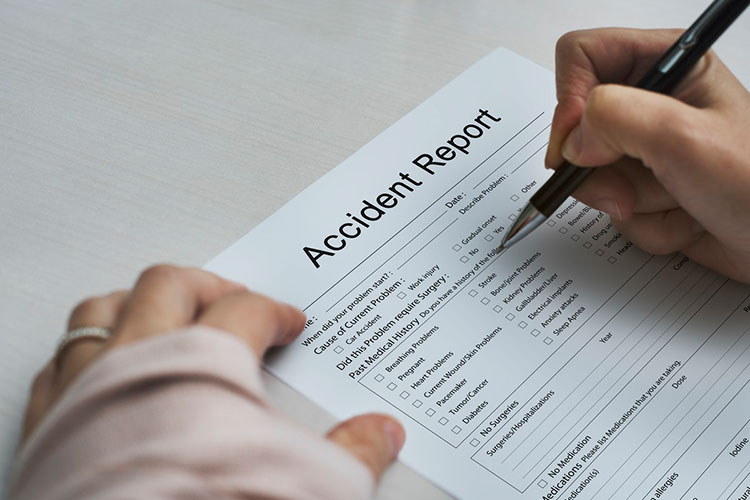Car accidents often cause more than physical injuries—they can leave lasting emotional scars as well. Many people wonder whether they can sue for emotional distress after a car accident. The short answer is yes, but the process can be complex, and success often depends on the circumstances surrounding your case. Let’s break it down.
What Is Emotional Distress
Emotional distress refers to the psychological impact of an event, such as anxiety, depression, post-traumatic stress disorder (PTSD), or other mental suffering. After a car accident, emotional distress might include:
- Persistent fear of driving or being in a car.
- Sleepless nights due to flashbacks or nightmares about the accident.
- Anxiety or depression related to injuries or life changes caused by the accident.
While these symptoms may not leave visible scars, they can significantly impact your quality of life.
How Emotional Distress Fits Into Personal Injury Claims
In personal injury cases, emotional distress is considered a type of non-economic damage—a loss that doesn’t have a direct monetary value. Non-economic damages are awarded to compensate for intangible harms, such as:
- Pain and suffering.
- Emotional trauma.
- Loss of enjoyment of life.
If you’re pursuing a claim for emotional distress after a car accident, it’s typically included as part of your overall compensation request.
Proving Emotional Distress after a car accident
To successfully sue for emotional distress, you’ll need to provide evidence that demonstrates the severity and impact of your suffering. This can include:
- Medical Records: Diagnoses of anxiety, depression, PTSD, or other conditions from a licensed healthcare professional.
- Therapy Documentation: Records from counseling or therapy sessions related to the emotional trauma of the accident.
- Witness Testimony: Statements from family, friends, or coworkers about changes in your behavior or demeanor after the accident.
- Your Testimony: A personal account of how the emotional distress has impacted your life.
- Expert Testimony: Psychologists or psychiatrists may provide professional insights into the extent of your emotional distress.

Can You File an Emotional Distress Claim Alone
While it’s possible to pursue a car accident claim solely for emotional distress, it’s more common for it to be included in a broader personal injury lawsuit. Standalone emotional distress claims are more challenging because they often require clear evidence of intentional infliction or extreme negligence by the at-fault party.
Wisconsin Laws and Emotional Distress Claims
In Wisconsin, emotional distress claims are typically allowed in car accident cases if:
- The emotional distress stems directly from the accident caused by the other party’s negligence.
- There is a physical injury accompanying the emotional distress (although courts may make exceptions in extreme cases).
Wisconsin’s comparative negligence rule may also apply, meaning your compensation could be reduced if you’re found partially at fault for the accident.
When to Consult a car accident Lawyer
motional distress claims can be tricky to navigate, especially when dealing with insurance companies or proving intangible losses. A personal injury attorney can:
- Help gather the evidence needed to support your claim.
- Negotiate with insurance adjusters to include emotional distress in your settlement.
- Represent you in court if necessary.
Our Experience with car accident claims
At Bykhovsky Law, we understand that car accidents affect more than just your physical health. With years of experience handling personal injury cases, we’re committed to fighting for the full compensation you deserve.
If you or a loved one is dealing with emotional distress after a car accident, Contact us today for a FREE CONSULTATION with our personal injury lawyer.. Let us help you take the first steps toward healing and justice.


